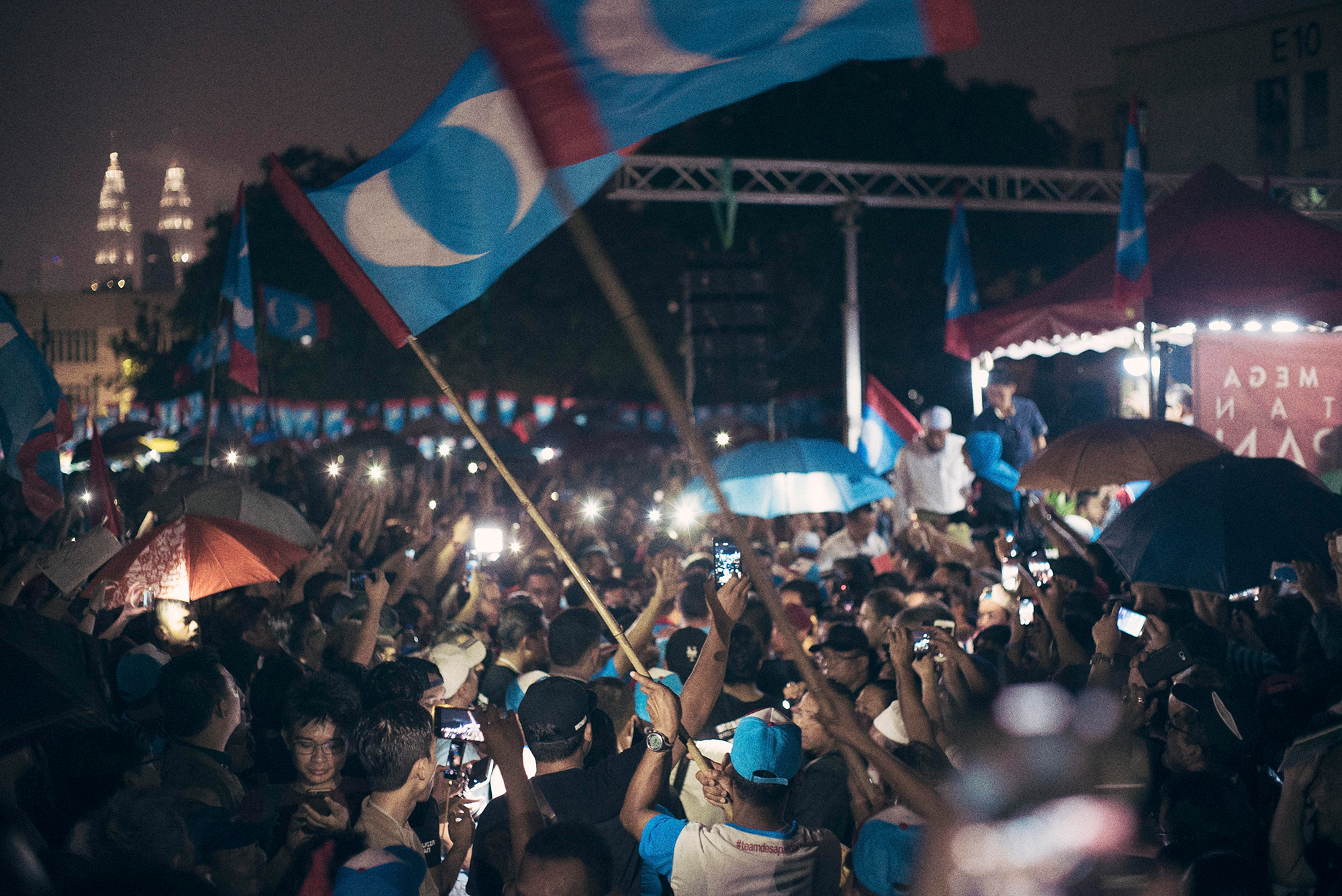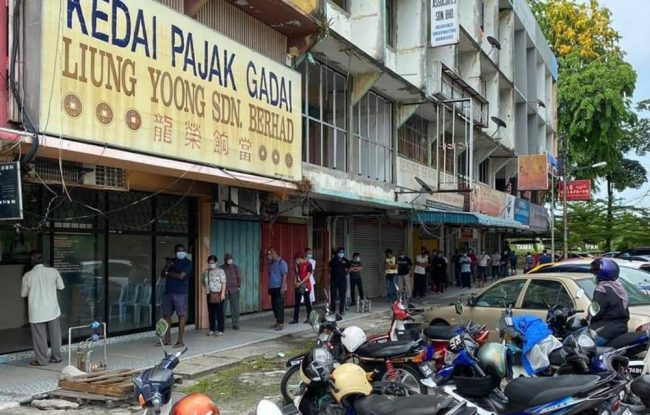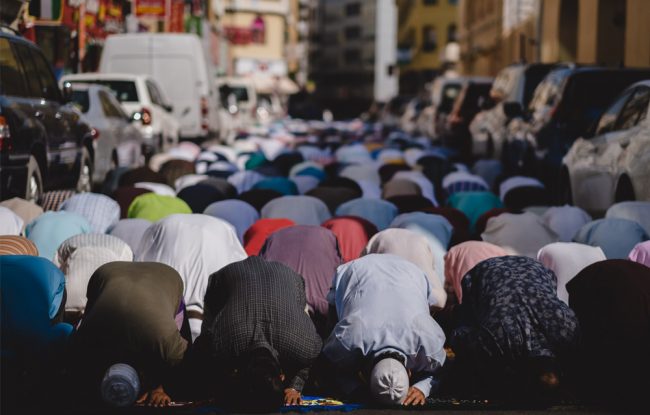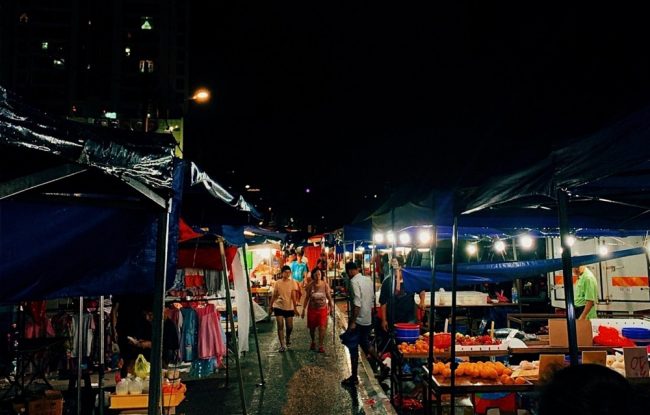IMAN Research, a think tank consultancy based in Kuala Lumpur, has spent the past 10 days observing campaign rallies, on the ground sentiments, and voter behaviours with regard to the recent General Elections (GE).On May 7, 2018, IMAN released a preliminary report citing some observations, such as the restrained environment prior to polls, which could be attributed to the break of the old alliance of opposition, and although PAS and Parti Amanah Negara (Amanah) maintained religion-infused campaign strategies, the topics of Hudud and the amendment of Syariah Courts (Criminal Jurisdiction) Act 1965 (RUU 355) have been conspicuously absent throughout the campaign period.
While it is not surprising for Amanah, whose tagline has been “inclusive Islam”, it is noteworthy for PAS as they are the main proponent of Hudud and RUU 355. This can be attributed to the failure of PAS to push for RUU 355 in Parliament. Our team has noted the following observations on yesterday’s GE, which are documented below:
Campaign Day
- In general, the environment was safe, calm, and controlled and there were no reported outbreaks of violence. However, in Sandakan, there was slight tension following the ESSCOM report on four criminals in Lahad Datu. The presence of military and other security forces in that area was a source of confidence and reassurance that campaign and electoral processes were going smoothly, rather than cause for alarm.
- Women’s and young voters’ participation was heavily emphasized in this election — they were involved in both campaigning (i.e. Puteri UMNO) and attending rallies. In Johor, more female and young candidates were introduced than the previous elections.
- There was a huge number of rallies, big and small, particularly throughout urban areas, and turnout was also greater than previous elections.
- Closer to the election day, the campaigning environment picked up speed and became more lively.
- In Sabah, BN was openly using state machinery such as SKMM and MCMC to campaign, and utilizing schools and multipurpose halls. Issues on stateless communities were mostly absent. PAS was more focused on being the “Parti Bebas Rasuah” than on Islam.
- Religious and ethnic campaign rhetoric escalated as voting day approached.
- Gearing up to campaign day, social media, particularly WhatsApp and YouTube, became critical platforms in educating voters on the voting procedures. Getting people to their polling stations was also organized through hashtags such as “#pulangmengundi” and “#undirabu”.
Election Day
- Voter turnout of 76%, while still high compared to other countries, was lower than last GE at 85%.
- There were multiple complaints on the mismanagement of polling centres: unclear signage; ridiculously long queues, for instance, some in Putrajaya in Saluran 8 (for the youngest cohort) reportedly had to wait almost four hours to cast their votes; EC officials unclear of procedures leading to confusion; reports that polling stations were only set-up in the morning instead of the night before; two deaths of voters and one SPR official. A huge reform of the SPR and the electoral process is deemed necessary.
Election Results
- All parties did well except for BN who only managed to secure 79 parliament seats and lost Kedah, Negeri Sembilan, Melaka, and Johor.
- In contradiction to many polls and analyses, PAS was not wiped out. Instead, they defended Kelantan and regained Terengganu, and maintained a significant number of parliamentary seats.
- The concept of a “Malay tsunami” did not happen: voting patterns changed but core supporters remained within their parties.
- Swing and angry votes went to the most prominent party in the area – PH in west coast, PAS in east coast, Warisan in Sabah.
- As all parties except for BN showed their strength, Malaysia will not be seeing one dominant party anymore, and identity politics is here to stay. Moving forward, to accommodate this pattern of Malaysian voters, we should move away from the first-past-the-post system, and move to a proportional representation system.
Post Election
-
- Rumours on behind-the-scene negotiations on parliamentary seat affiliations are circulated widely on social media, as well as fear of emergency
- Of note, former Prime Minister Najib Razak, at his press conference, insisted that he will not use the National Security Council powers, and this managed to reduce tensions.
- Political wrangling and back door dealings in hung states for state governments continue to create tensions and uncertainty.
- There could be a short-term knee-jerk reaction (as seen in MYR gyrations since yesterday) but in the medium run, things should return to normalcy once everything falls into place. Once the new government is sworn in and major policies for the first 100 days are announced, it should give a sense of stability, a positive lead for financial markets.
It is highly crucial for government institutions to maintain neutrality in the time of power transition.
As mentioned earlier, a more detailed report will be published soon. At press time, IMAN would like to stress on these key points:-
- Identity politics, on ethnic and religious lines, are here to stay
- Malaysia will not be going back to the days of oneparty monopoly
- No “voters tsunami”; core supporters remained within their parties, while swing voters and fence-sitters went to the most prominent party in their constituencies, and
- There is an urgent need for a huge electoral reform. A more comprehensive report will be issued next week.
BADRUL HISHAM ISMAIL
PROGRAM DIRECTOR
IMAN RESEARCH
his is the opinion of the author and does not necessarily represent the views of IMAN Research.




